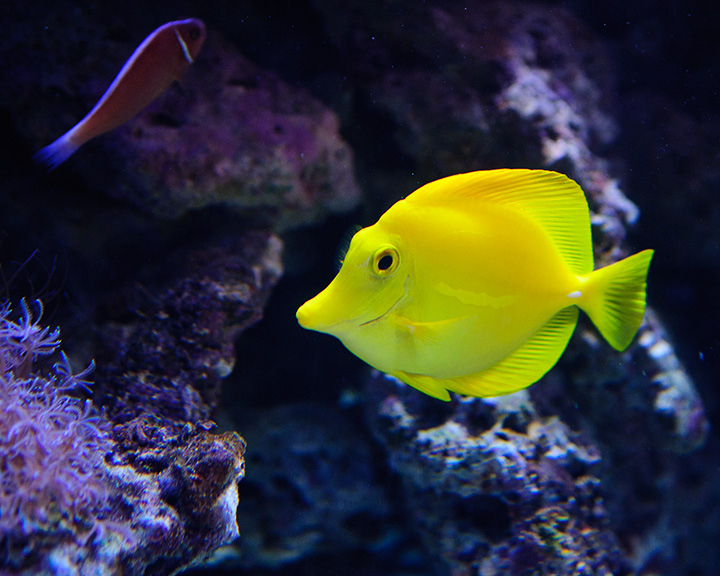Aggregated News

Britons are broadly in favour of rewriting the genetic code of human embryos to prevent children from inheriting devastating diseases – but draw the line at designer babies and creating “cosmetic” organisms such as micro-pigs, fluorescent fish and perfect carrots.
The views were revealed in one of the first major surveys of public opinion on a new generation of genetic technologies that have given scientists the power to alter the DNA of living organisms with unprecedented ease and precision.
Commissioned by the Royal Society, the survey asked more than 2,000 people chosen to be representative of the UK population what they thought of various uses of genetic technologies as applied to plants, humans and other animals. More nuanced views came from small groups convened in Edinburgh, Norwich and London that explored the issues in greater depth.
The survey found more than three-quarters (76%) were in favour of correcting genetic diseases in human embryos once and for all, even though such DNA modifications are controversial because the tweaks – and any harmful side effects they may cause – would affect not...



